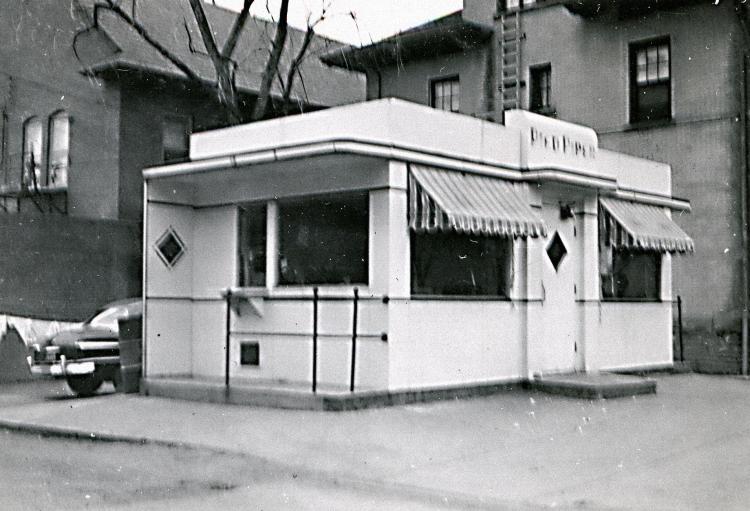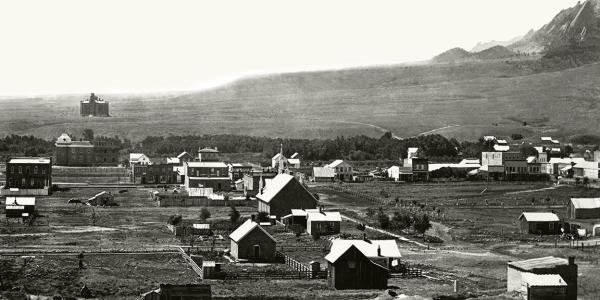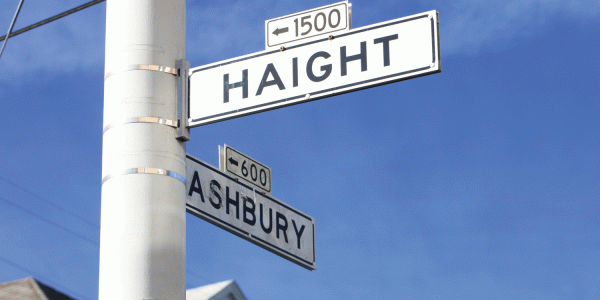 When you were hungry and didn’t have any money, the Pied Piper had your back.
When you were hungry and didn’t have any money, the Pied Piper had your back.
The owner of the small Pennsylvania Street diner on The Hill, John Parker, had a book where you could chalk up your debts. Although, in the late 1950s, most people seldom let it get past $20, Parker never squawked, and a couple of people, it is told, ran it up to $100. But as long as you paid Parker before summer break or made some arrangement with him, it was OK.
I have only heard it referred to as the Pied Piper once or twice. True enough, the red letters above the door said that, but nearly everyone called it Parker’s.
Parker — a small man with ruddy cheeks and a hard-worked face — worked every day from 6a.m. to 6 p.m. except on Friday afternoons, when he closed at 2 p.m. because that’s when many of his customers were drinking.
Parker’s place had seven stools, a cash register and a small upraised counter on the right side of the diner where “the book” was kept. In addition to the money owed for food, various bets were placed under different customers’ names. One could open the book to their name, for example, and the total owed would be near the bottom of the page: “$13.72.” The right side of the page could read, “White Sox to win the pennant, $5.”
The place had a small grill where Parker cooked hamburgers, eggs, ham, bacon, steak, hot dogs and morning rolls. He turned the grill on in the morning with a pair of pliers. He had a tin to cook poached eggs, along with a toaster, coffee pot, small freezer, shelf for rolls and pies, and a milkshake maker. That was it. The menu remained the same; the prices remained the same. You could get a hamburger steak dinner, which included a double hamburger portion, fries, bread and butter, soup or juice for $0.65 or a small steak with the same extras for $1.25.
You had to take two napkins and throw them down on the fries before you ate them. But you only did this when Parker was facing the grill, otherwise he’d tell you to “get the hell out” if you didn’t like the food. Jack Wyrick (A&S’61) was the expert at sopping up the grease before Parker turned around.
But everyone, especially CU athletes and fans, went to Parker’s. His coffee was good, his prices were cheap and, of course, you could eat on credit.
The last time I ate at Parker’s was the summer of 1960. Sadly John died suddenly in January 1962 and Parker’s was no more.






